Written by Malasree Home, Andeep Sull & Sanjana Medipally

In India, the festival of Diwali, or Deepavali, as it is known in many southern Indian states – glows with countless stories, meanings, and traditions. Often described as ‘festival of lights,’ the ways in which India celebrates this night varies dramatically from one region to another. Though the lamps and fireworks look similar, the stories behind them all confirm the astonishing diversity of India’s cultural and spiritual life.
For Sikhs, Diwali is a story of the struggle for freedom and coincides with Bandi Chhor Divas, celebrating the release of Guru Hargobind Ji and 52 other kings from imprisonment. In most of North Indian states, Diwali is celebrated to mark the return of Lord Rama and Sita to their Kingdom of Ayodhya after years of exile during which they triumphed over the demon King Ravana who had abducted Sita. Their homecoming symbolises the victory of good over evil, truth over falsehood and light over darkness – all themes that remain at the heart of the festival across India. Homes are lit with earthen lamps, or diyas, families perform prayers to the deity of wealth and prosperity – Goddess Lakshmi – and sweets are exchanged amongst family & friends as a gesture of gratitude and joy. In the west, for many communities in the states of Gujarat and Maharashtra, Diwali also marks the end of the fiscal year – as account books are ceremonially closed and reponed in a ritual called as Chopda Pujan, which seeks divide blessing for a profitable year ahead.
If you travel further to the East of India, Diwali takes an entirely different meaning. In Bengal, the same night is dedicated to worship Goddess Kali – a fierce and compassionate embodiment of the divine feminine, or Shakti. Known as Kali Puja, the festival transforms the darkness of the new moon into a symbol of spiritual awakening. Whereas elsewhere in India the night celebrated the triumph of light, in Bengal it is about confronting darkness itself – acknowledging it as part of life’s eternal cycle of creation, destruction, and renewal. The rituals are truly symbolic – on the night before, during Bhoot Chaturdashi, fourteen lamps are lit to guide the spirits of fourteen generations of ancestors, connecting the living with their past in a beautiful act of remembrance.

Go further to the South of India, Deepavali unfolds in yet another form. In Tamil Nadu for example, it celebrated Lord Krishna’s victory over the demon Narakasura – a story that celebrates liberation of the oppressed and the triumph of humility over pride. In Karnataka and Andhra Pradesh, the festival is celebrated across several days, with each day dedicated to different deities, reflecting the many layers of devotion and mythology that underpin Indian culture. For instance, one day honours King Bali, a benevolent ruler whose humility has earned him immortality. Across these states, mornings in families begin before dawn with a sesame oil bath, symbolising the cleansing the body and soul followed by visits to temples and sharing festive foods that has been carried down with generations of family recipes and memories. In the state of Kerala, however, Deepavali is quieter, but no less meaningful. Lamps still burn brightly to mark the victory of righteousness over arrogance and commemorate the fall of Narakasura.
Across all the Indian states, be it Bengal’s meditative worship of the dark goddess to the exuberant dawn rituals of the south, the festival remains united by its essence – a renewal of hope and celebration of life. Whether it’s the Kali Puja in Bengal, Lakshmi Puja in the North or Naraka Chaturdashi in the South, each custom has its own radiance to this festival of lights. Collectively, they tell a timeless story that light and darkness are not enemies but companions, each giving meaning to the other.

These different celebrations are a powerful reminder that Indian festivals are far from monolithic. While Diwali may be known across India as the festival of lights, its spiritual and cultural meanings differ widely. For Indians around the world, including the large diaspora in the United Kingdom, Diwali and Deepavali are not just cultural celebrations but also moments of reflection and belonging. The lamps that glow on this night at across 10 Downing Street, Birmingham, Leicester or Newcastle, echo those in Delhi, Kolkata, or Chennai – symbols of continuity, community, and light transcending borders.
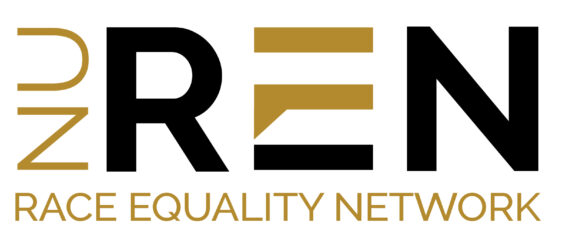




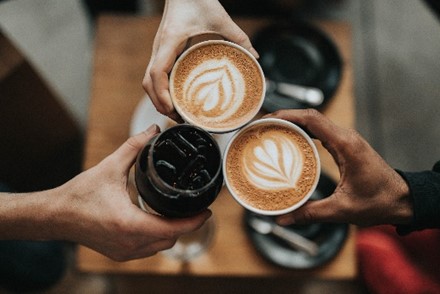
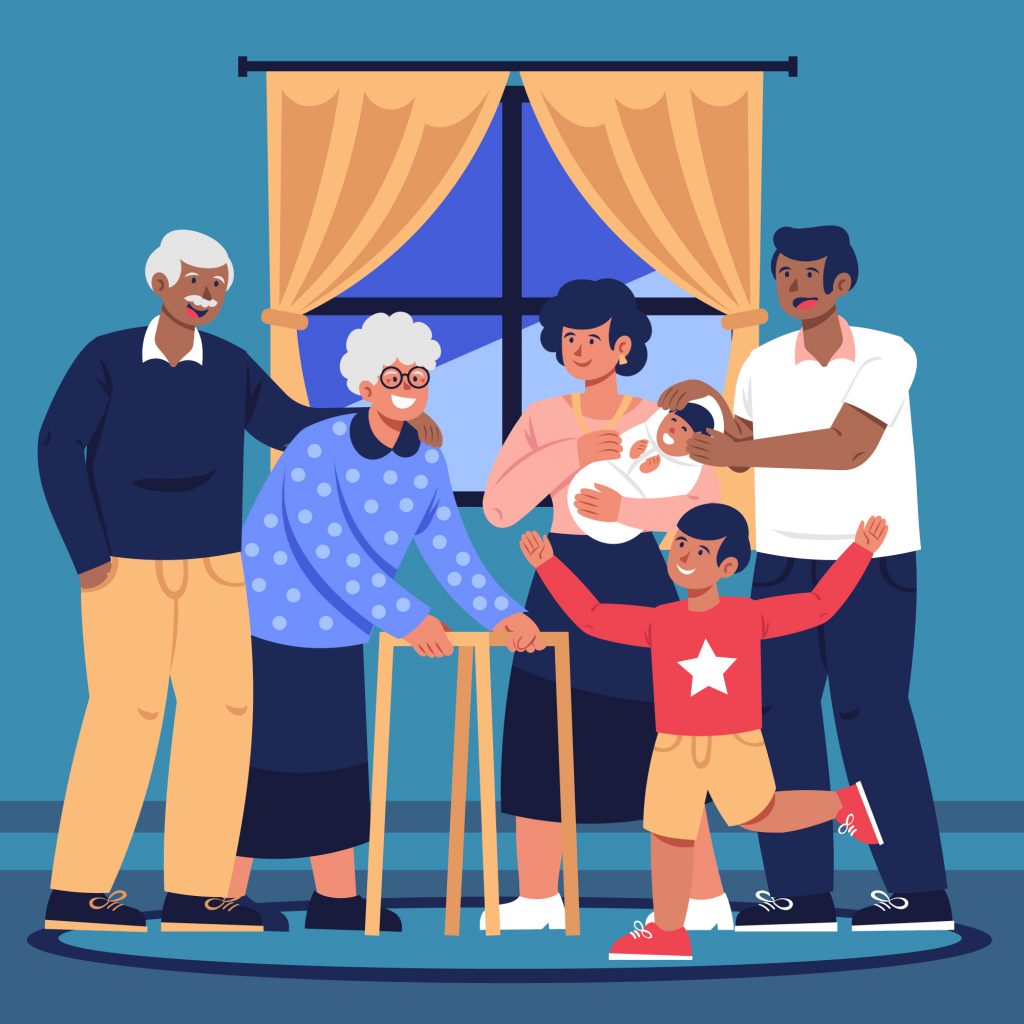
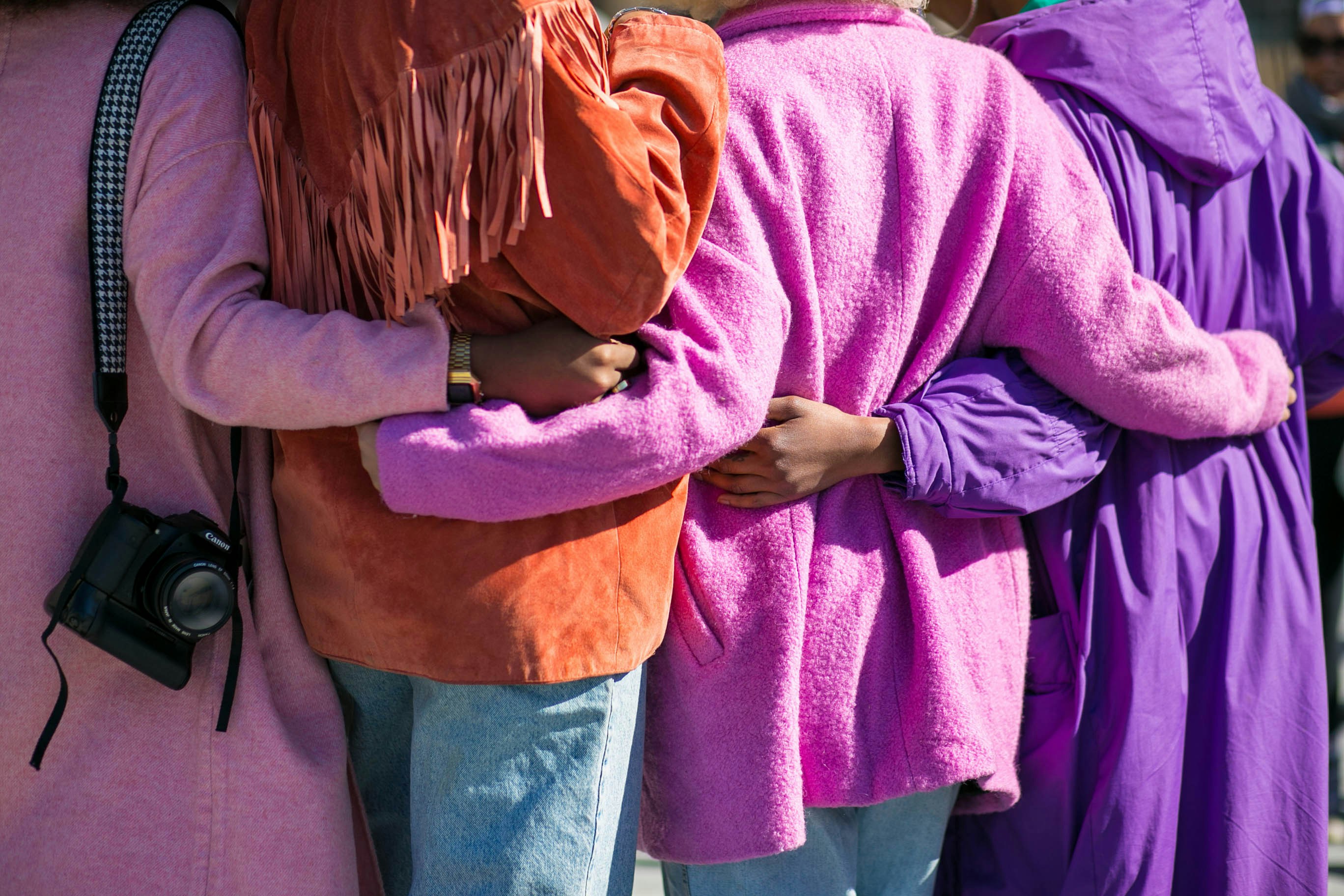
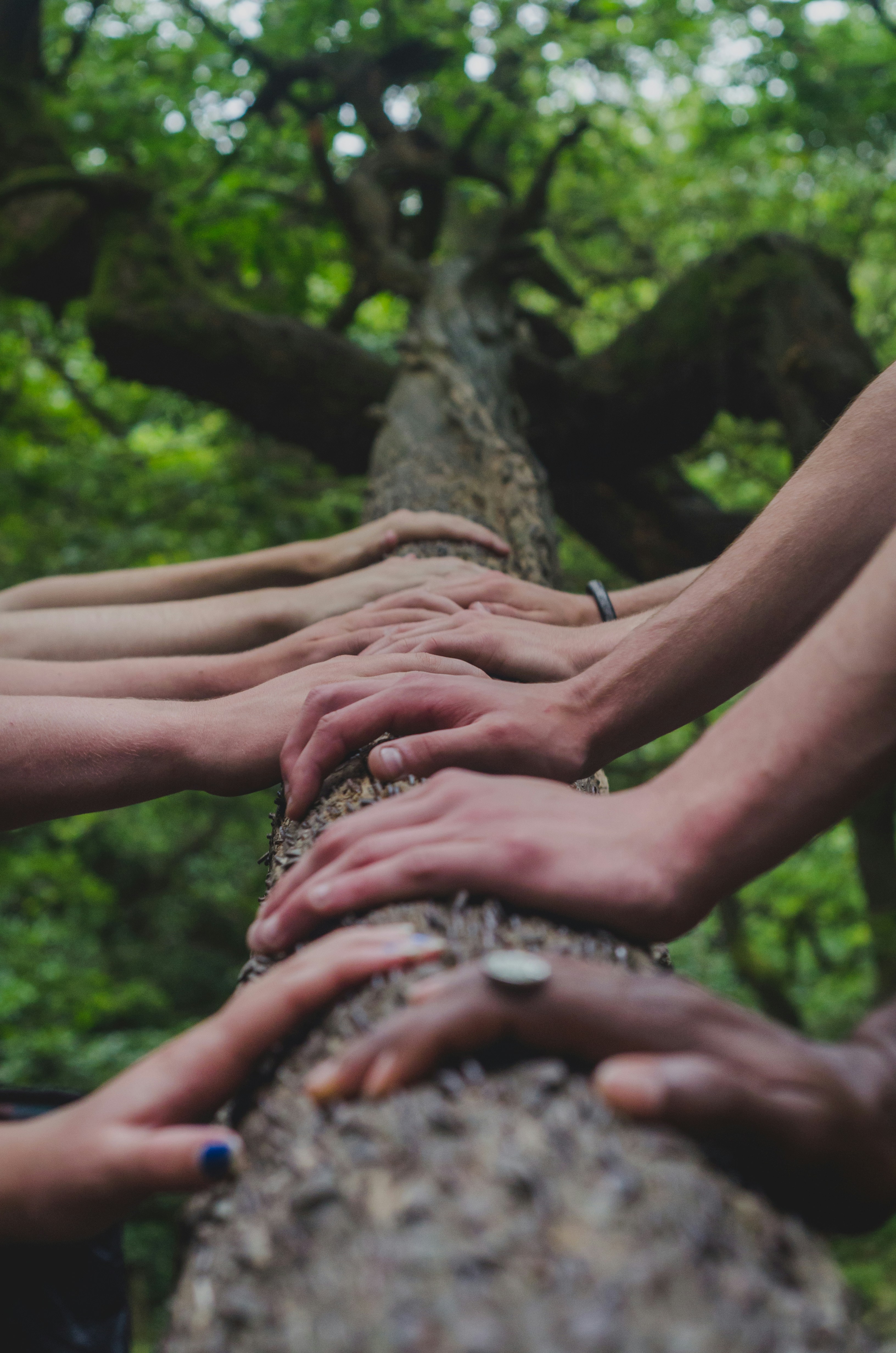
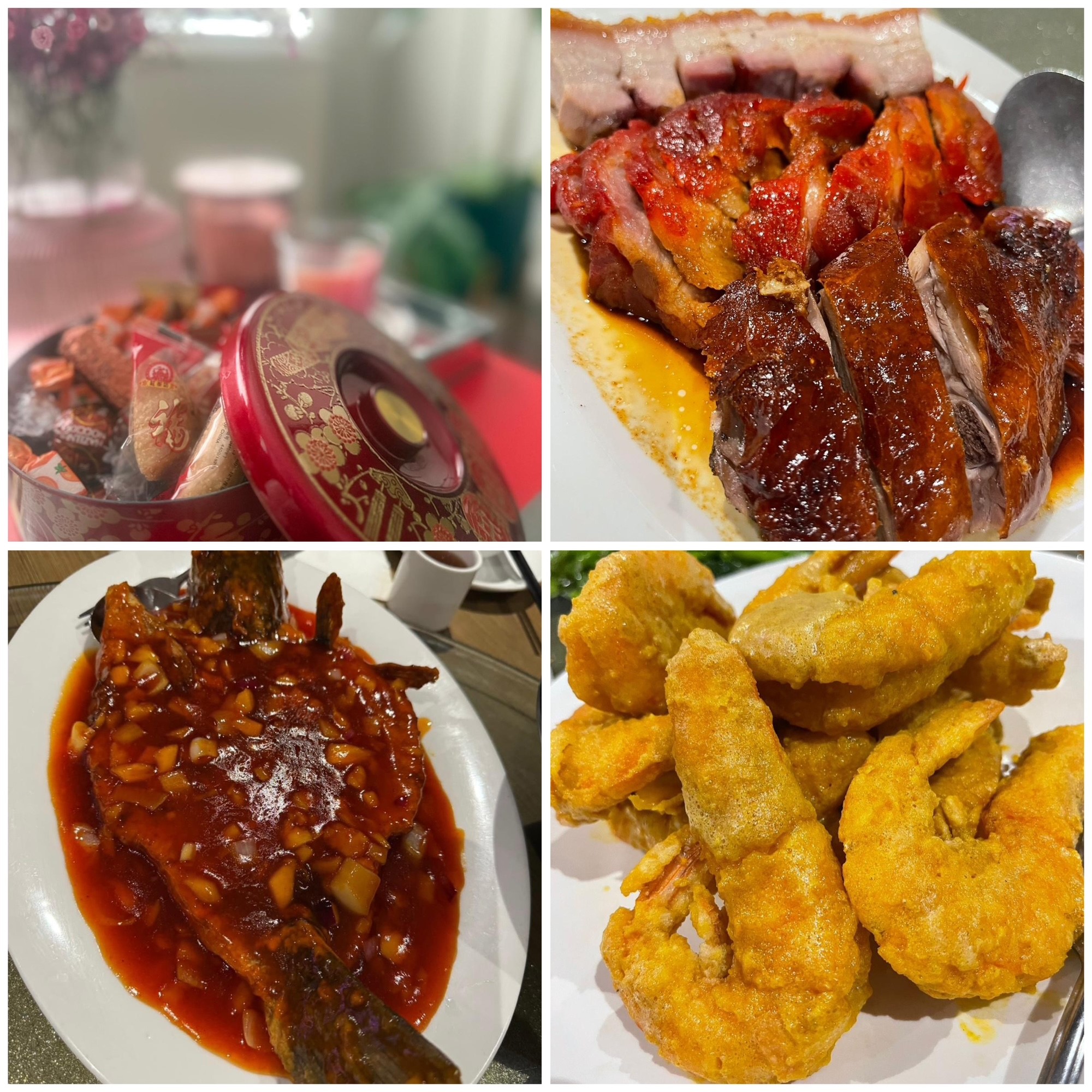
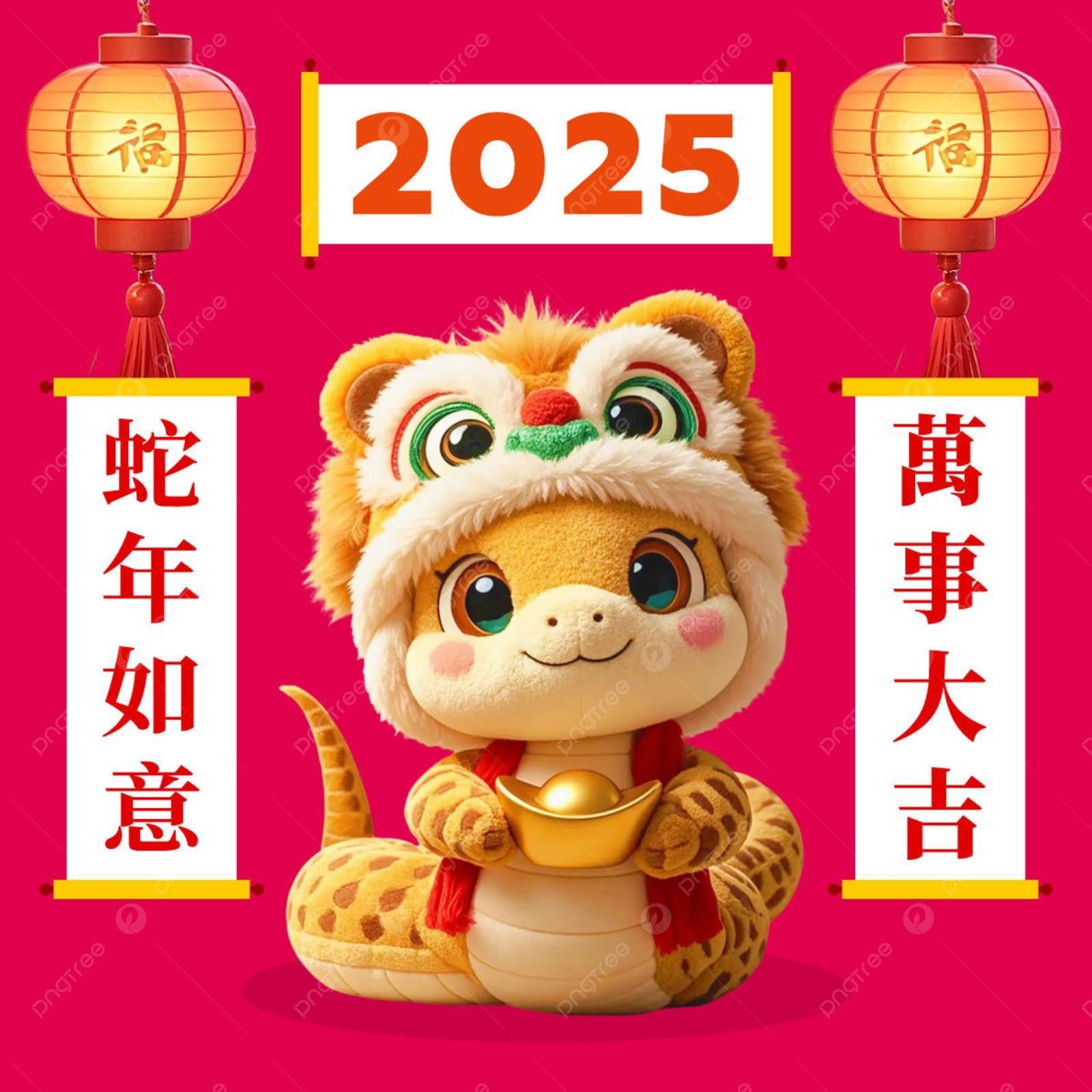


 Diwali is known as the Indian ‘Festival of Lights’ that celebrates unity and togetherness across cultures worldwide. It symbolizes the victory of good over evil; inner light over spiritual darkness; knowledge over ignorance; and hope over despair.
Diwali is known as the Indian ‘Festival of Lights’ that celebrates unity and togetherness across cultures worldwide. It symbolizes the victory of good over evil; inner light over spiritual darkness; knowledge over ignorance; and hope over despair. 